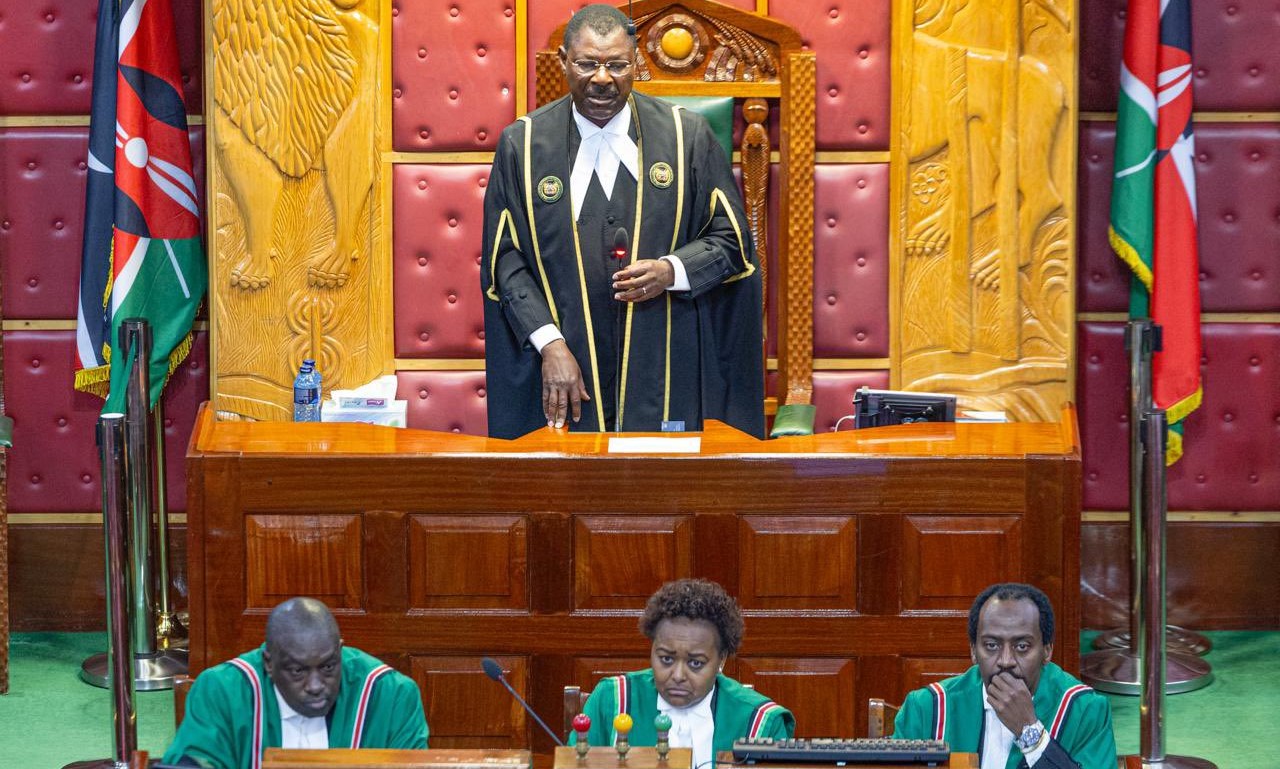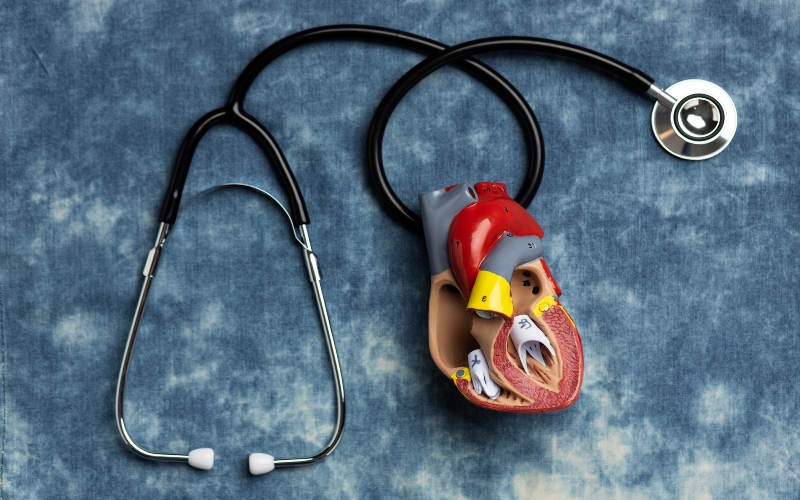Experts caution about COVID-19 manifesting as flu, urge vigilance

Surveillance data from the lake region indicates a rise in positive samples of SARS-CoV-2, identifying both the JN.1 variant of Omicron and the H1N1 influenza strain.
Health experts are expressing concerns about a sudden surge in respiratory infections within the country, with some attributing this trend to a resurgence of COVID-19.
Surveillance data from the lake region indicates a rise in positive samples of SARS-CoV-2, identifying both the JN.1 variant of Omicron and the H1N1 influenza strain, commonly known as swine flu.
More To Read
- MPs fault procurement authority for weak laws on COVID-19 tenders
- Africa: A tentative start in mass vaccine production
- Covid infection ages blood vessels, especially in women, study shows
- Six natural remedies to ease a sore throat at home
- Comesa watchdog probes airlines for withholding refunds on cancelled flights during Covid-19 pandemic
- How misinformation is hampering Kenya's fight against infectious diseases
The JN.1 variant, categorised by the World Health Organisation as a variant of interest, was initially reported in August 2023. Studies indicate its prevalence among travellers and in wastewater.
A study published in Environmental Health Insights earlier this year suggests that the continued spread of JN.1 may imply heightened contagiousness or a greater ability to evade immune responses compared to other circulating variants.
According to medical experts, the COVID-19 current surge aligns with past observations, suggesting a potential peak in COVID-19 cases, albeit possibly milder confirming a recent increase in respiratory illnesses, with many exhibiting flu-like symptoms emphasising that such outbreaks are common during the flu season.
Sultani Matendechero, the Deputy Director-General for Health at the Department of Public Health and Professional Standards, notes a decline in COVID-19 infections but encourages the public to receive booster shots, emphasising ongoing transmission.
Researchers are actively identifying high-risk settings and monitoring the evolution of new variants. This collaborative endeavour seeks to inform strategies aimed at controlling the pandemic and safeguarding public health globally.
Below are WHO-recommended measures individuals should follow to protect themselves.
1. Get vaccinated as soon as it's your turn and follow local guidance on vaccination.
2. Maintain a physical distance of at least 1 meter from others, even if they don't appear to be sick. Avoid crowds and close contact.
3. Wear a properly fitted mask when physical distancing is not possible and in poorly ventilated settings.
4. Clean your hands frequently with alcohol-based hand rub or soap and water.
5. Cover your mouth and nose with a bent elbow or tissue when you cough or sneeze. Dispose of used tissues immediately and clean hands regularly.
6. If you develop symptoms or test positive for COVID-19, self-isolate until you recover.
Top Stories Today













































